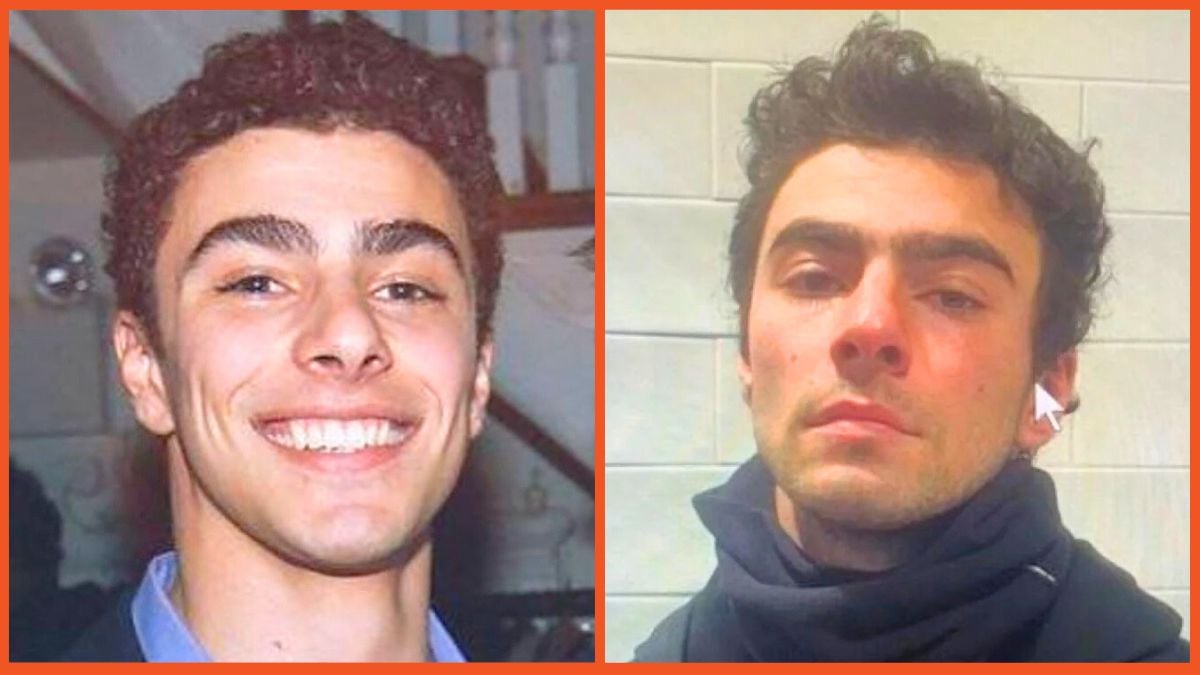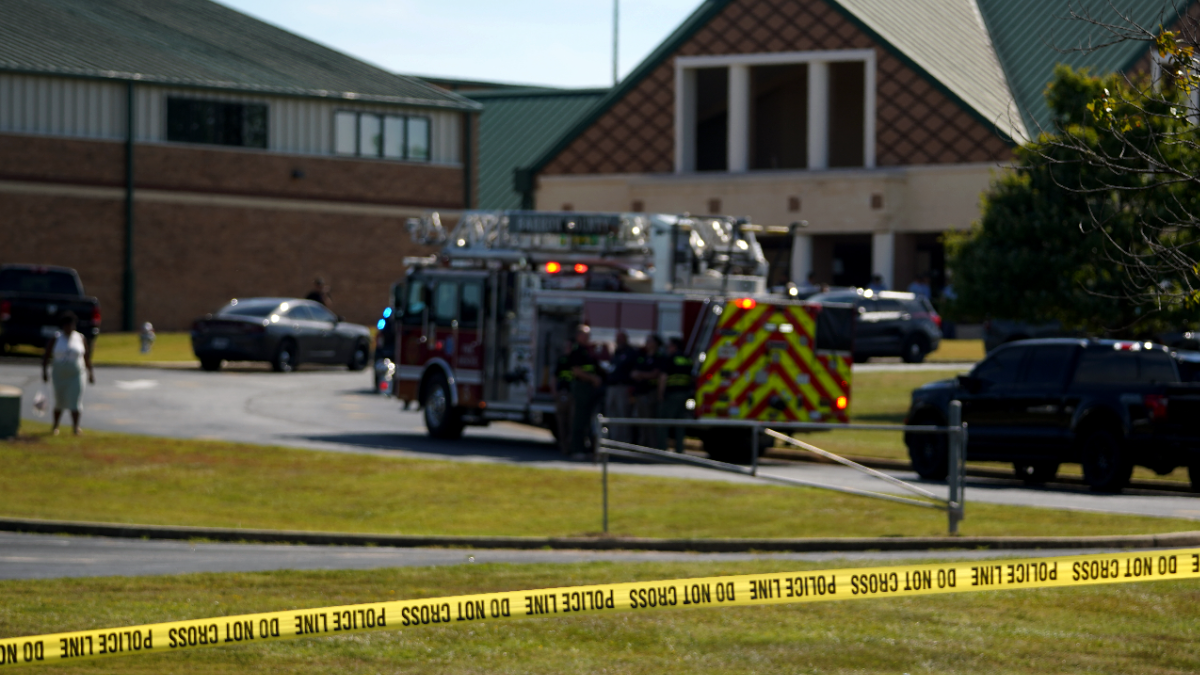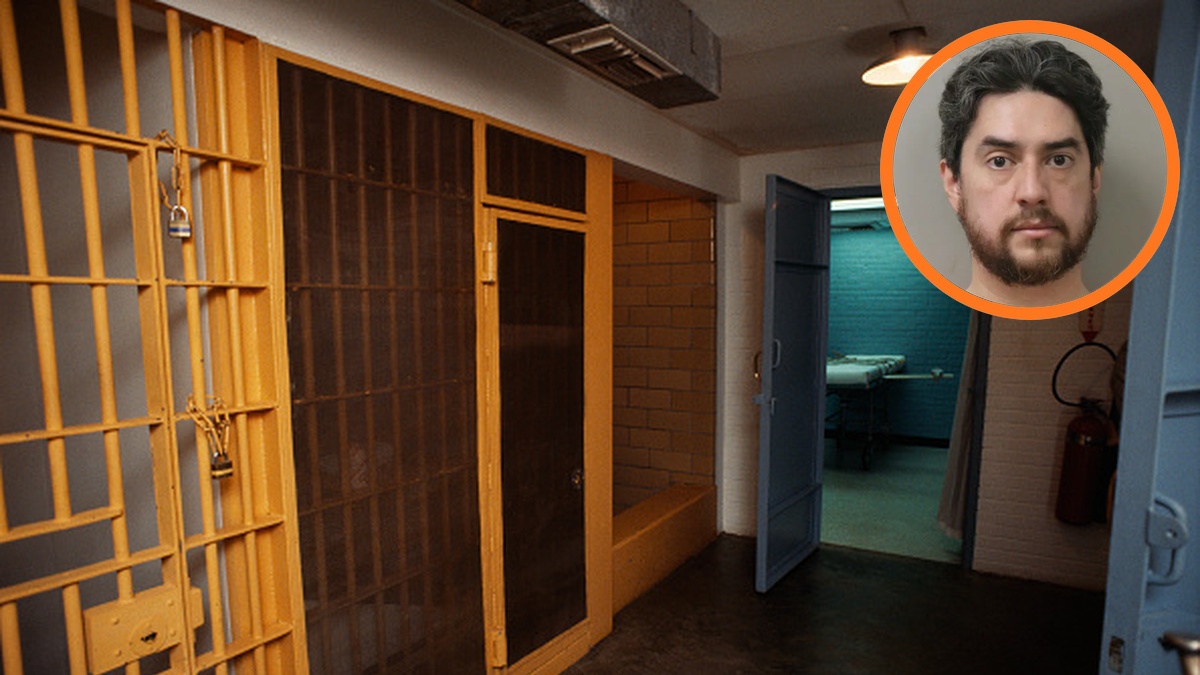As if all the drama of 2024 wasn’t enough, the extremely photogenic Luigi Mangione is now the talk of the town after being charged with assassinating UnitedHealthcare CEO Brian Thompson.
Many people expected the 26-year-old Mangione to face first-degree murder charges. Instead, he’s been charged with second-degree murder, leaving many scratching their heads and asking how he managed to escape the highest-level murder charge. Mangione was allegedly found with a silencer-equipped gun, a three-page manifesto, and a fake ID he used to stay in New York. These elements suggest a certain level of planning, right? But legally, it’s not that simple.
First-degree vs. second-degree murder
First-degree murder is considered the most serious charge and involves premeditation. That means the person planned the killing ahead of time and carried it out intentionally. It’s not just about intent but also about the act being deliberate and thought-out. Second-degree murder, on the other hand, still involves intent to kill but without premeditation. Essentially, it means the crime wasn’t planned. It happened in the heat of the moment or under circumstances that didn’t allow for a lot of forethought.
So, why wasn’t Mangione charged with first-degree murder? The answer likely lies in the evidence. Prosecutors may not have enough proof to show that Mangione planned Thompson’s killing ahead of time. Sure, he was found with a manifesto and a weapon similar to the one used in the shooting, but those details alone don’t automatically prove premeditation. The prosecution must present concrete evidence that Mangione deliberately plotted to kill Thompson before carrying out the act. Without that, first-degree charges won’t stick.
For many, the details of the case make it seem like premeditation might be at play. Prosecutors need to connect these dots clearly to show the killing was premeditated. Additionally, second-degree murder is still a very serious charge and can result in life imprisonment, depending on the jurisdiction. So, while it might not carry the same weight as first-degree, it’s far from a “light” charge.
The internet’s reaction, and speculation about Mangione’s mental health

Besides the confusion of the charges being second-degree murder, some internet sleuths and armchair detectives have started speculating about Mangione’s motives. Following People’s release of Mangione’s photos in jail, some commenters have suggested he may suffer from untreated mental illness, citing his alleged manifesto and odd behaviors as possible signs of schizophrenia. Others wonder if his actions were tied to a denied health insurance claim, as Thompson was the CEO of UnitedHealthcare.
Nonetheless, it’s important to emphasize that these are just theories. Nothing has been confirmed, and investigators have not publicly linked Mangione’s actions to any specific mental health condition or grievance. Speculation can spark interesting discussions, but it’s not the same as hard evidence.
The Mangione family is also grappling with the shocking accusations. A statement from his cousin, Maryland Delegate Nino Mangione, described the family as “shocked and devastated.” They, too, are trying to process the situation, just like the rest of us. As the case moves forward, more evidence may emerge to clarify Mangione’s actions and intent. His next court hearing is scheduled for Dec. 23, and it will be interesting to see how the charges evolve or if they stay the same. In the meantime, it’s a good reminder that legal decisions aren’t always as black-and-white as they seem.










Published: Dec 10, 2024 11:44 am